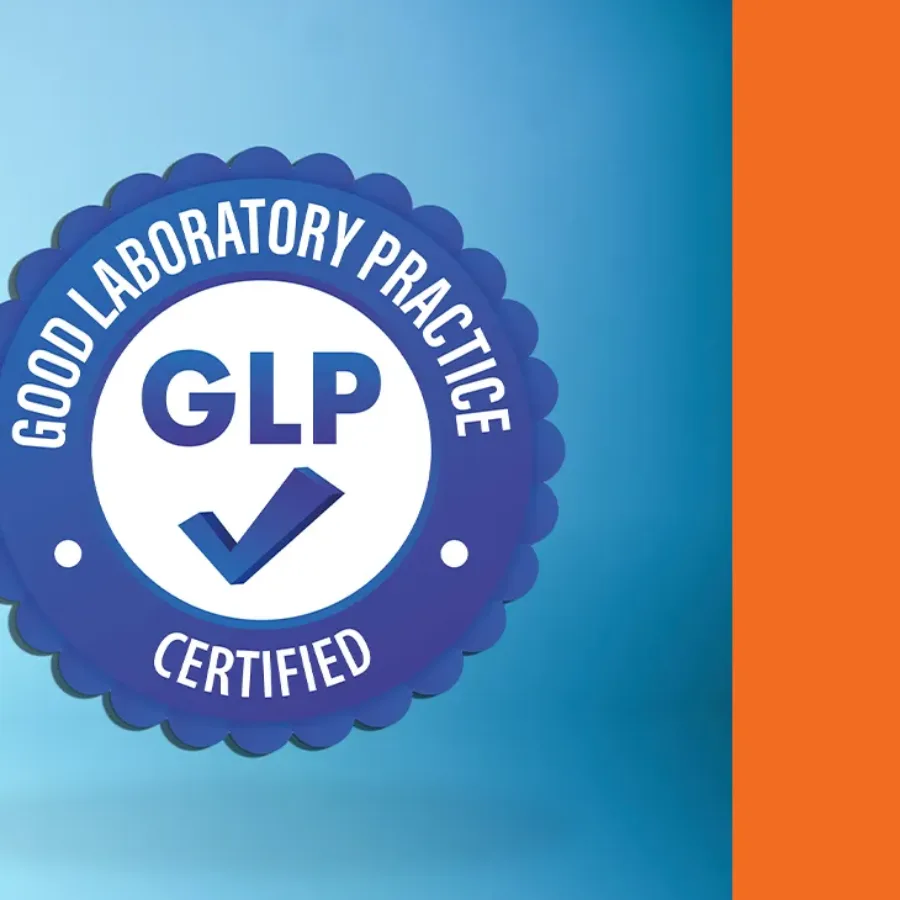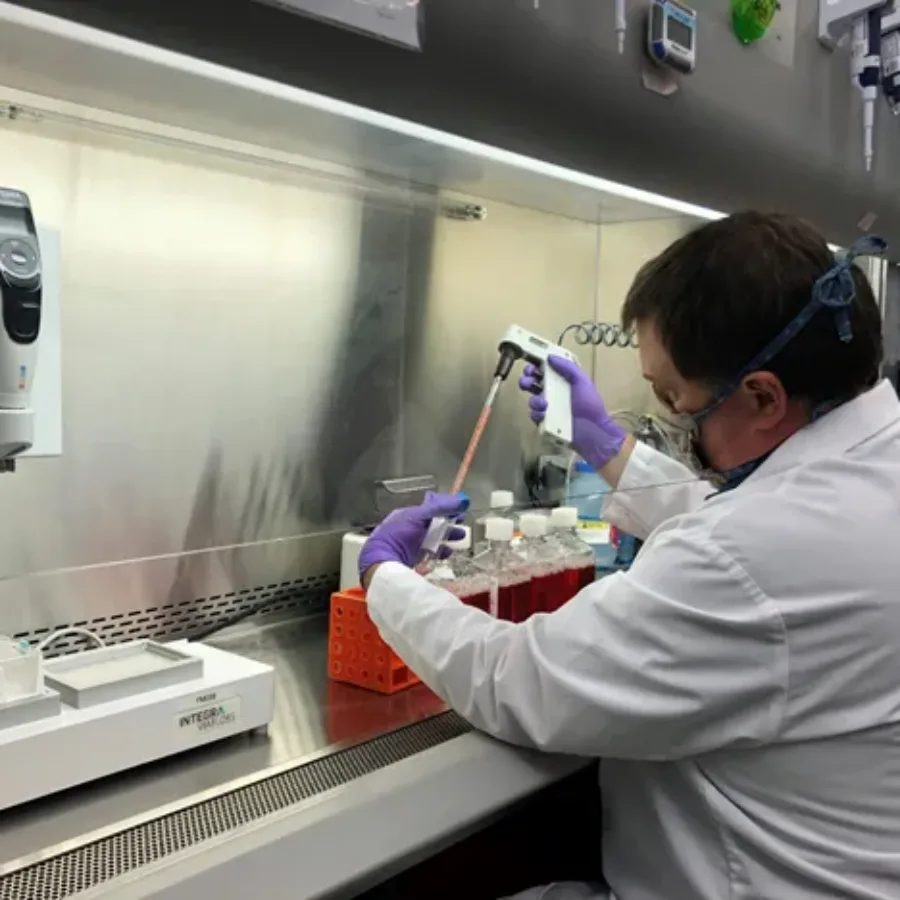 Blogs
Blogs
KCAS Bio launched an initiative to advance its Quality System through a 21 CFR Part 11 compliant electronic Quality Management System (eQMS) to be prepared for anticipated future regulatory requirements for Good Laboratory Practice (21 CFR 58). This was driven by the proposed rule from August 2016, the FDA is…
 Blogs
Blogs
The Importance of GLP Compliance Certificate for Bioanalytical CROs We are proud to celebrate the one-year anniversary of our Good Laboratory Practice (GLP) Test Facility based in Lyon (France), dedicated to…
 Blogs
Blogs
KCAS Bio SAS (Active Biomarkers SAS) based in Lyon France, a full-service bioanalytical and biomarkers solutions provider is very pleased and proud to share that it successfully opened a new Good Laboratory Practice (GLP) Test Facility to provide GLP-grade bioanalytical methods in the context of preclinical studies. Since November 2023,…
 Blogs
Blogs
Have you ever wondered why certain experiments are done under GLP (good laboratory practices) conditions? GLP is a term that is used frequently in preclinical research, and are a set of guidelines that act as a management control for research laboratories and organizations to ensure the uniformity, consistency, reliability, reproducibility, quality, and integrity of chemicals (including pharmaceuticals) for non-clinical safety tests[1]. Sometimes it’s hard to understand when and why protocols must be done under GLP conditions. In general, GLP conditions must be maintained when an experimental drug or biologic may be used ultimately in humans and will need to be evaluated by regulators like the FDA.
 Blogs
Blogs
The idiom, garbage in, garbage out applies to many areas of scientific research, including flow cytometry. Good sample preparation is critical to accurate and sensitive cytometry analysis of cells, wherever their origin.
 Blogs
Blogs
Q is for Quality - QA, QC and Flow Cytometry How do clinical flow cytometry labs ensure that the data they generate is accurate, reproducible, and conforms to regulatory requirements? They use quality management systems, including quality assurance (QA) and quality control (QC). Some scientists seem to use these terms interchangeably, but what do they really mean and why are they important to flow cytometry?
 Blogs
Blogs
Flow cytometry assays are important for preclinical and clinical research, however, it is vital to understand the level of compliance required for the stage of research you are completing. Flow Cytometry assays completed for toxicology and safety assessments are required to be in compliance of Good Laboratory Practices (GLP), on the other hand, basic research or discovery/exploratory studies can be non-GLP. GLP refers to a set of standards for laboratory studies to be planned, performed, monitored, reported, and archived. Preclinical and clinical studies must be GLP-compliant in order to be submitted for review by regulatory agencies like the FDA. Consider these three points if you find yourself in need of a GLP-compliant flow cytometry assay.
 Blogs
Blogs
Flow cytometry is a valuable research tool because it can generate abundant amounts of very detailed data, but this often means that scientists need to deal with moving and storing large amounts of digital data. In addition, many flow cytometry users run their experiments at a site separate from their lab or work with an offsite contract research organization (CRO) that runs their flow cytometry experiments. This means that flow cytometry data transfer is an issue that researchers must address even in the planning stages of their flow cytometry experiments. Consider these factors related to transferring large datasets for flow cytometry.
 Blogs
Blogs
Why is Viability Staining so important for flow cytometry analysis? It seems pretty easy, just mix your cells with antibody conjugates, incubate, wash and you are ready to acquire, but actually cell staining for flow cytometry analysis is far from simple, particularly when it comes to the optimal distinguishing of rare cell populations, or in the deciphering of a complex immune response. There are some key considerations to optimizing flow cytometry cell staining and it requires a disciplined approach to understand the impact of certain steps on the staining process. So, how well do you plan and optimize your staining conditions to ensure the highest quality of flow cytometry data? In this blog, we explore some rules of thumb for Good Staining Practices for flow cytometry
 Blogs
Blogs
Data can be the most important aspect of a GxP organization. Storage complexity and requirements are increasing, and cloud solutions can be an attractive option for maintaining this ever-growing pool of data. When considerations…
 Blogs
Blogs
If you’re running a clinical or preclinical study, there are many components that you need to think about, plan, and execute. One is “what the heck do I do with these samples we’re collecting”…
 Blogs
Blogs
The FDA has regulated cigarettes, smokeless and loose tobacco since 2009 under the Tobacco Control Act. In 2016, the FDA finalized a rule for the regulation of all tobacco products, making it illegal to sell e-cigarettes, cigars and hookah tobacco to anyone under 18 and requiring retailers to check photo…